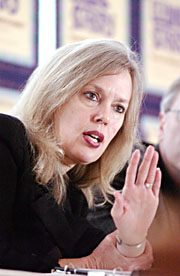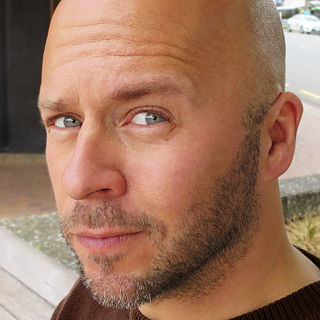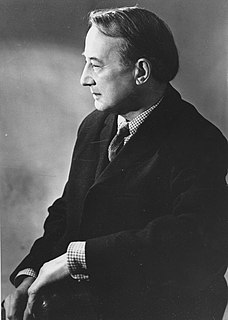A Quote by Stephen Covey
Trust is the one thing that affects everything else you're doing. It's a performance multiplier which takes your trajectory upwards, for every activity you engage in, from strategy to execution.
Related Quotes
When trust is high, the dividend you receive is like a performance multiplier, elevating and improving every dimension of your organization and your life.... In a company, high trust materially improves communication, collaboration, execution, innovation, strategy, engagement, partnering, and relationships with all stakeholders.
Doing the right thing is important, which is where strategy comes in. But doing that thing well—execution—is what sets companies apart. After all, every football play is designed to go for a huge gain. The reason it doesn’t is because of execution—people drop balls, miss blocks, go to the wrong place, and so forth. So, success depends on execution—on the ability to get things done.
The single most damaging misconception about strategy is that it is a set of financial performance goals. The so-called "strategies" created by many managements are nothing more than three-to-five year financial performance forecasts. They are then labeled "strategy" and shipped off to the board of directors which goes through the motions of discussing how big the numbers are. Strategy is not your aspirations. Strategy is concerned with how you will arrange your actions and resources to punch through the challenges you face.
One of the problems many leaders report is a gap between strategy and execution. Usually this "gap" arises because the so-called "strategy" is a set of financial performance goals, not an approach to overcoming challenges. The two key ways to narrow this gap are to avoid bad strategies that fail to explain how to proceed and to establish a proximate objective - something which can be accomplished and which will open the door to further progress.
Non-doing has nothing to do with being indolent or passive. Quite the contrary. It takes great courage and energy to cultivate non-doing, both in stillness and in activity. Nor is it easy to make a special time for non-doing and to keep at it in the face of everything in our lives which needs to be done.
'Saw VI' has a really interesting theme about the ripple effect. Everything you do affects the guy next to you, which affects the guy next to him, which affects her over here. And you might think that what you're doing is not that significant, but just the way you respond to other people makes the world the way it is.
In Sliding Doors, the whole idea is that every choice you make, and every single thing that happens to you changes the trajectory of your life, and once you are put on that trajectory, there is no way back. But Groundhog Day - which, I tell him, also happens to be a much better movie - says the opposite. It says if you mess up or make the wrong choice, you just have to keep at it until you do it right.
I'm there [on Moana] with the other actors, so you play off one another. It's not just your idea of what the character is and what the world is like it would be in an animated [film], where it all sort of exists in your head. It's all right there, and if Diego's performance is doing what it's doing, it affects yours.































